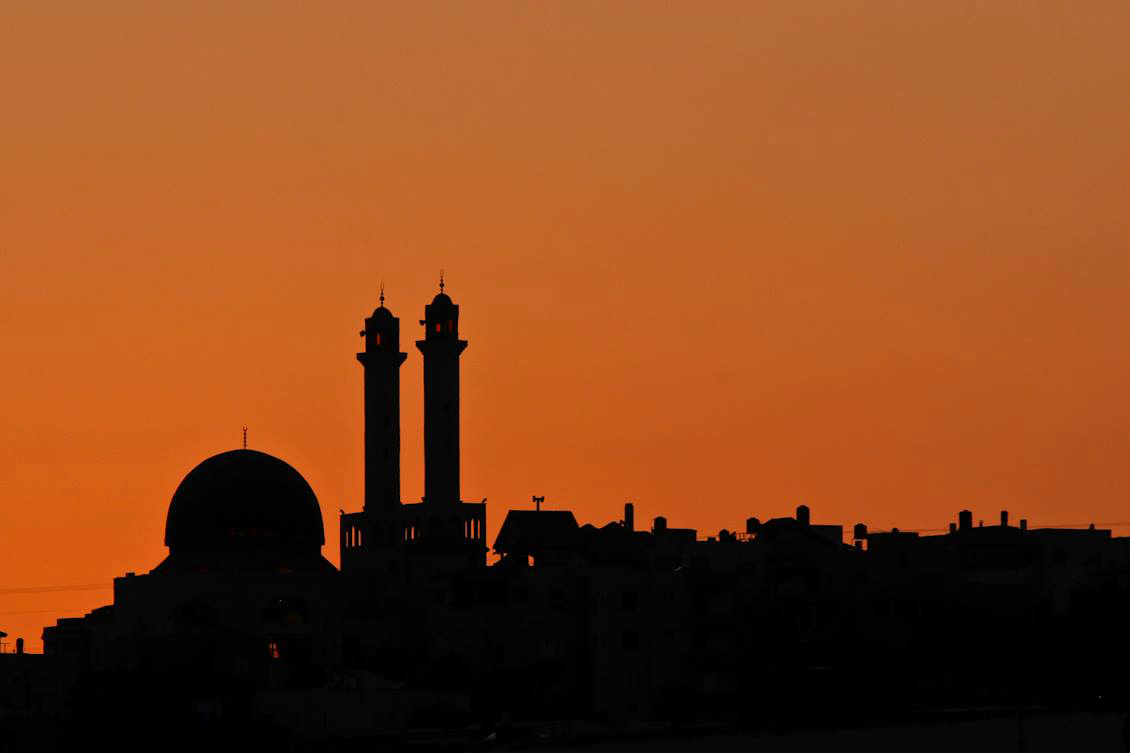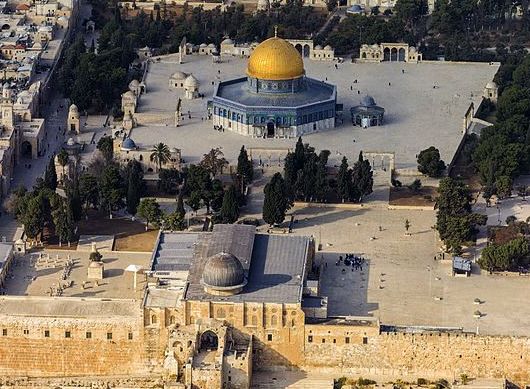Israel moves forward with proposed 'Muezzin Law' aimed at silencing call to prayer at mosques across the country
An Israeli ministerial committee voted yesterday, 12 February 2017, to proceed with legislating the controversial muezzin bill aimed at silencing Muslim calls to prayer at mosques around the country.
Adalah – The Legal Center for Arab Minority Rights in Israel sent an urgent letter to senior Israeli government legal and legislative figures on 5 February 2017 demanding they vote against the proposed "Muezzin Law".
An explanatory text accompanying the proposed law reads, "Hundreds of thousands of Israeli citizens in the Galilee, the Negev, Jerusalem, and additional locations in central Israel suffer on a daily basis from noise caused by loudspeaker systems in houses of worship, which disturb their peace several times a day, usually during the early morning hours and overnight."
The bill is expected to be brought before the Knesset plenum for a series of votes in the coming days.
Adalah Attorney Mohammad Bassam clarified in his letter, sent to the Ministerial Committee for Legislation, Attorney General Avichai Mandelblit, and Environment Minister Ze'ev Elkin, that the actual purpose of the law is not to prevent noise pollution from all houses of worship, but rather to specifically outlaw loudspeakers in mosques.

A mosque in the town of Sakhnin located in northern Israel. (Photo by Mati Milstein)
"The language of the bill specifies 'house of worship,' defined broadly so that it could ostensibly apply also to synagogues, churches and any other buildings used for prayer or religious ritual," Attorney Bassam wrote.
"However, its true purpose is to prevent calls over loudspeakers specifically from mosques: earlier drafts of the bill explicitly stated that citizens were suffering 'as a result of noise caused by muezzins in mosques.' Furthermore, the bill's authors crafted the legislation to apply to Muslim houses of worship only, leaving other houses of worship unaffected. Mosques are the only houses of worship that make use of loudspeaker systems between the hours of 23:00 and 07:00," the hours specified in the bill.
The Muezzin Law, if passed by the Knesset, would cause direct harm to the rights of the Arab Muslim public in Israel.
"The blanket ban on the use of loudspeaker systems during the hours stipulated in the law limits the Muslim public's freedom of religion and ritual. It must be emphasized that the call to Morning Prayer issued by the muezzin is a central tenet of Islam, and therefore the bill not only offends the religious sentiment of the Muslim public, but also impedes the fulfillment of their basic religious obligations."
The de facto blanket ban on Muslim calls to prayer is also disproportionate, Adalah stressed.
"The bill fails the test of proportionality, since it categorizes all loudspeaker broadcasts during the hours in question as loud and unreasonable noise, without setting forth clear, specific criteria to determine what constitutes unreasonable noise."
READ: Adalah’s letter [Hebrew]

















